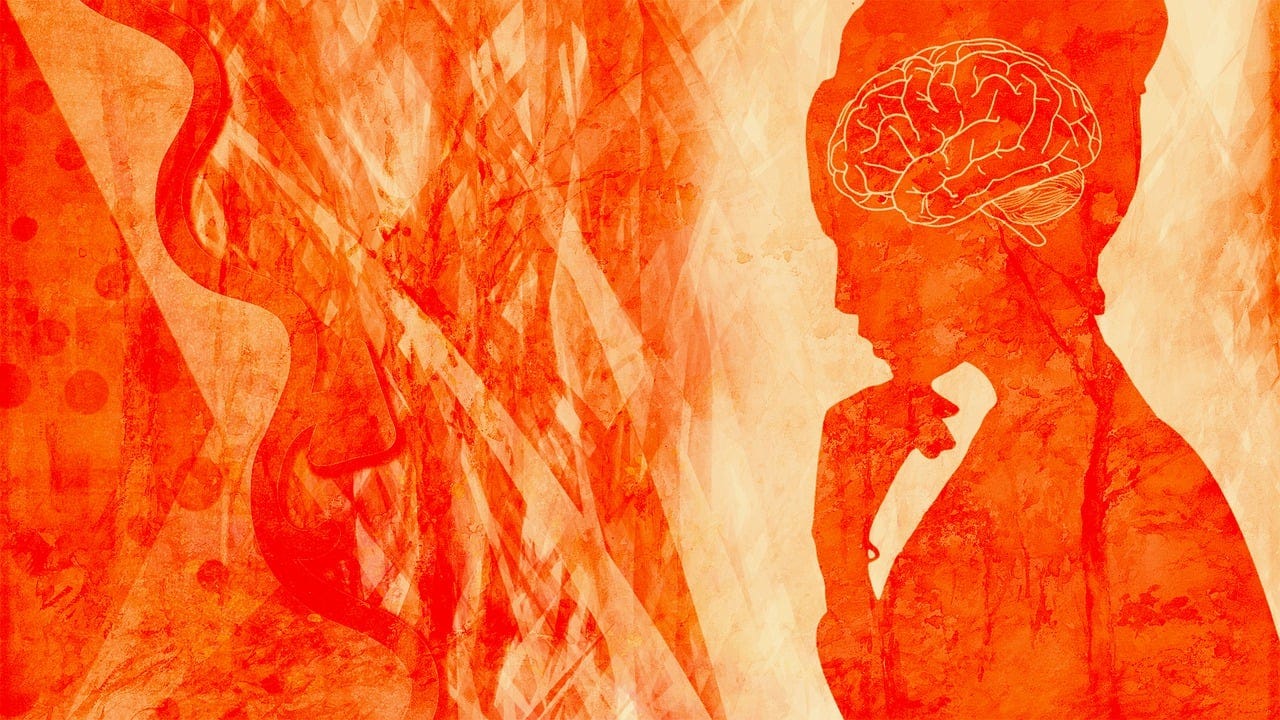Hypochondriasis - The disorder of shadows
How health anxiety affects the way you see the world
I was in my study hall, a large library inside the college where I was studying, when I noticed that something was wrong with his behavior: He was pacing quickly back and forth and then froze, as if he were literally stuck in space and time.
"He's having a panic attack," said a friend and fellow student I knew well, but something didn't feel right to me. Panic attacks don't have these symptoms. They are more "rapid" and involve underlying feelings of death and panic. This man was calm. So, I decided to talk to him:
"Hi, how are you feeling?" I asked him as a freshman student in a potential practical exercise. We were all pretending and nothing really happened, but that's another story. "My legs hurt and I can't move them. My arms are heavy and my mind is slow. My speech is slurred. I feel like I'm losing myself."
And then, the teacher's voice rang out "Okay, now we can sit down. Has anyone heard of this disorder?"
Health anxiety, or hypochondria as it was called by old psychologists and psychiatrists, is a disorder in which the individual feels either that they have an illness or that they have many physical symptoms that they cannot manage.
I think it makes no sense to analyze the illness, distinguish its types, and list its symptoms, because, quite simply, behind it lies a human being. A person who suffers from a great deal of anxiety. And, of course, the pain they feel is real. This does not mean that they have the illnesses they fear they have, but their body reacts nonetheless.
This does not mean, of course, that if we fear we have a disease, we necessarily have a health problem. No, it takes time, seriousness, and persistence of the symptoms. But whatever the case, a person is suffering.
"He's just imagining he's sick," "He's crazy" are some of the phrases we hear society say about people with this illness. And while they are not dangerous or threatening to the lives of others or their own, they remain in the realm of stigma.
Of course, because these people mainly have families, children, friends, and jobs, society considers them "so and so normal people." However, the stigma remains, taking on another form, that of shadows.
So, every time a person with hypochondria goes to the hospital, nurses and doctors stigmatize them. Every time they ask for help for something that does not exist, people respond only physically. No one really cares about the mental aspect in a hospital, unless psychologists and psychiatrists.
Often, people with health anxiety perceive the stigma through shadows. And that makes them feel worse, intensifying their anxiety, panic, and distorted sense of reality.
Of course, like everything else in life, this "demon" can be dealt with. With psychotherapy, medication, social support, acceptance, and psychoeducation in society, these individuals can ultimately live a "peaceful, accepting, and loving life."
Looking back on the hypothetical scenario of health anxiety in the controlled environment of my school, I wish I had acted differently. Instead of saying what I said, I would give the person a hug. I would close the mental illness manual and open the manual on how to be human in difficult situations.
Perhaps pain want to teach us something. Imaginary illness. Imagination in general. What? “Connection”. A sense of community. And if nothing else, what all psychosomatic illnesses fear: Expression.


